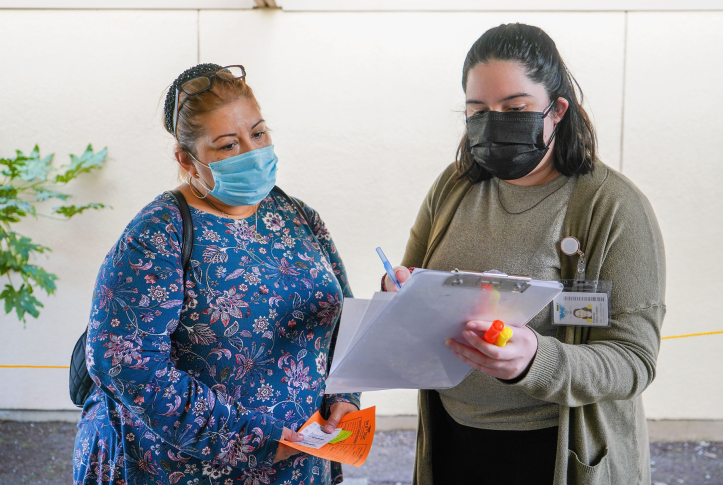The Affordable Care Act (ACA) requires nearly all private health plans to cover many critical preventive services without cost sharing. Though this protection is broadly popular and its benefits have been widely felt, its future is in jeopardy. In September, a federal judge in Texas ruled that much of the ACA’s preventive services requirement is unconstitutional.
This same judge has ruled against the ACA and been reversed before, and there are strong arguments for why this challenge, too, should be dismissed. But there’s also reason to believe this time may be different: the Supreme Court may be amenable to striking down the entirety of the preventive services protection.
While states interested in preserving access to preventive services without cost sharing don’t have the tools to protect all their residents — they are barred by federal ERISA law from regulating the self-insured employer plans through which most covered workers get their health benefits — they aren’t powerless.1 Nationwide, tens of millions of people get coverage in the individual market or via a fully insured group plan, and states have full authority to regulate on behalf of the consumers in these products to ensure their preventive services benefits don’t disappear.
What’s at Stake?
Section 2713 of the ACA requires ERISA-regulated group health plans and insurers that offer individual or group health insurance to cover a range of preventive services without cost sharing. Importantly, the provision does not set in stone the specific services that must be covered. Instead, it identifies three bodies with relevant clinical and public health expertise and requires plans to cover certain services currently recommended by these expert entities:
- items and services receiving an “A” or “B” rating from the U.S. Preventive Services Task Force (USPSTF)
- immunizations recommended by the Advisory Committee on Immunization Practices (ACIP)
- for women and children, preventive care and screenings included in guidelines supported by the Health Resources and Services Administration (HRSA).
This framework ensures zero cost-sharing coverage of dozens of high-value services, from cancer screenings to pre- and postnatal care.
The Texas court held that the requirement to cover services recommended by the USPSTF is unconstitutional. While the judge upheld the requirements to cover ACIP- and HRSA-recommended services based on case law binding on his court, he signaled that higher courts not encumbered by precedent could rule against these provisions, too.
What Can States Do?
The Texas lawsuit is about federal power under the U.S. Constitution. It doesn’t cast doubt on the authority of the states to enact requirements just like the ACA’s, and some states already have. By our count, at least 15 states have broad, ACA-style laws requiring individual market insurers to cover, without cost sharing, the same categories of preventive services required by the ACA.2 These state provisions ensure continued access to preventive services for individual market consumers if the federal preventive services requirement is nullified. Some of these states also have extended these protections to workers in the fully insured group market.3






